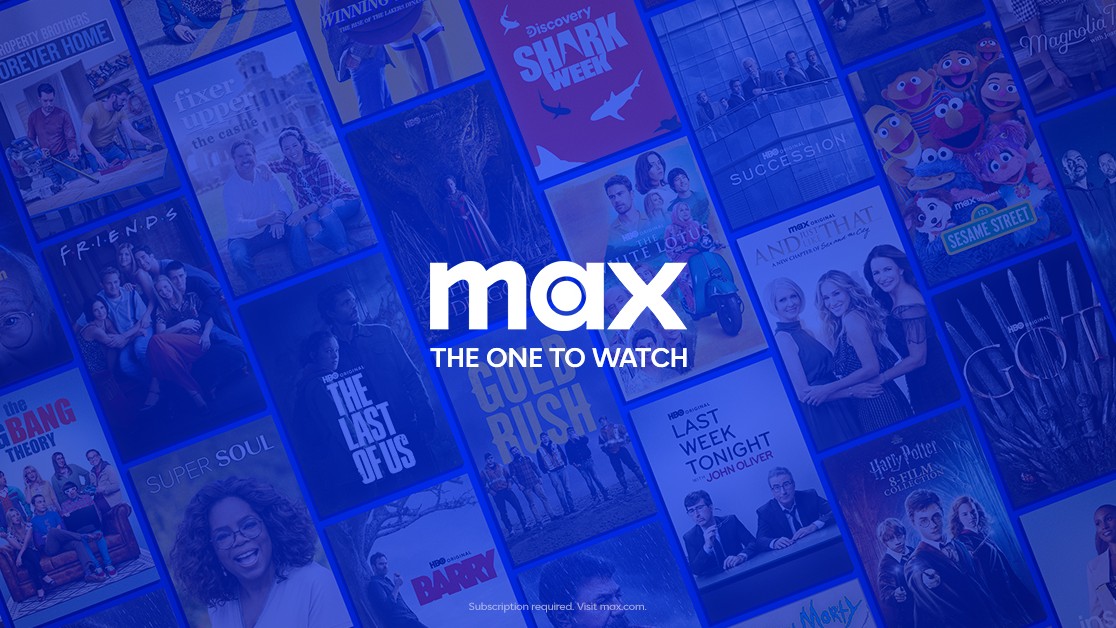
In a recent investor earnings call, Warner Bros. Discovery (WBD) executives unveiled plans for a password-sharing crackdown on their streaming platform Max, set to begin in late 2024. However, the company's chief financial officer, Gunnar Wiedenfels, candidly admitted that this move is essentially another way to increase prices for consumers.
The media giant intends to implement "soft messaging" to restrict account sharing through 2025 and into 2026. This strategy mirrors similar actions taken by competitors Netflix and Disney+, who have already introduced measures to limit password sharing.
Wiedenfels didn't mince words about the financial motivations behind this decision. He stated that ending password sharing is "in effect... a form of a price rise," adding that it would ask non-subscribers and multi-household users to "pay a little bit more." The executive even referred to this plan as a "kicker" to boost revenues, highlighting the company's focus on increasing profitability.
While the exact details of WBD's approach remain unclear, it may follow in the footsteps of Disney, which offers "extra member" accounts for an additional monthly fee. Netflix has implemented a similar system, charging Standard and Premium plan subscribers extra for shared access outside the household.
This announcement comes at a time when WBD is celebrating an increase in subscribers across both Max and Discovery+, from 103.3 million in June to 110.5 million. The company attributes part of this growth to the Paris Summer Olympics coverage.
CEO David Zaslav, who recently received a substantial pay raise, emphasized that the company's assets were "undervalued" and that profitability required reducing expenses. This statement, coupled with the password-sharing crackdown, suggests a strong push towards maximizing revenue from the existing subscriber base.
As streaming services continue to evolve their business models, subscribers may need to brace themselves for potential changes in how they access and share their favorite content platforms.